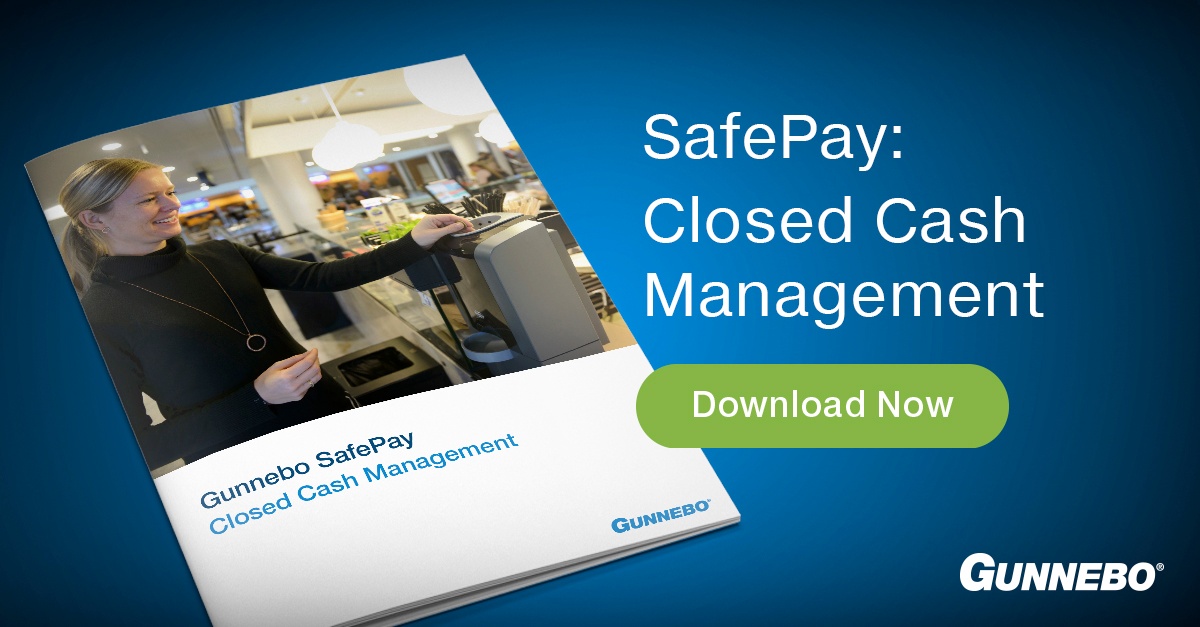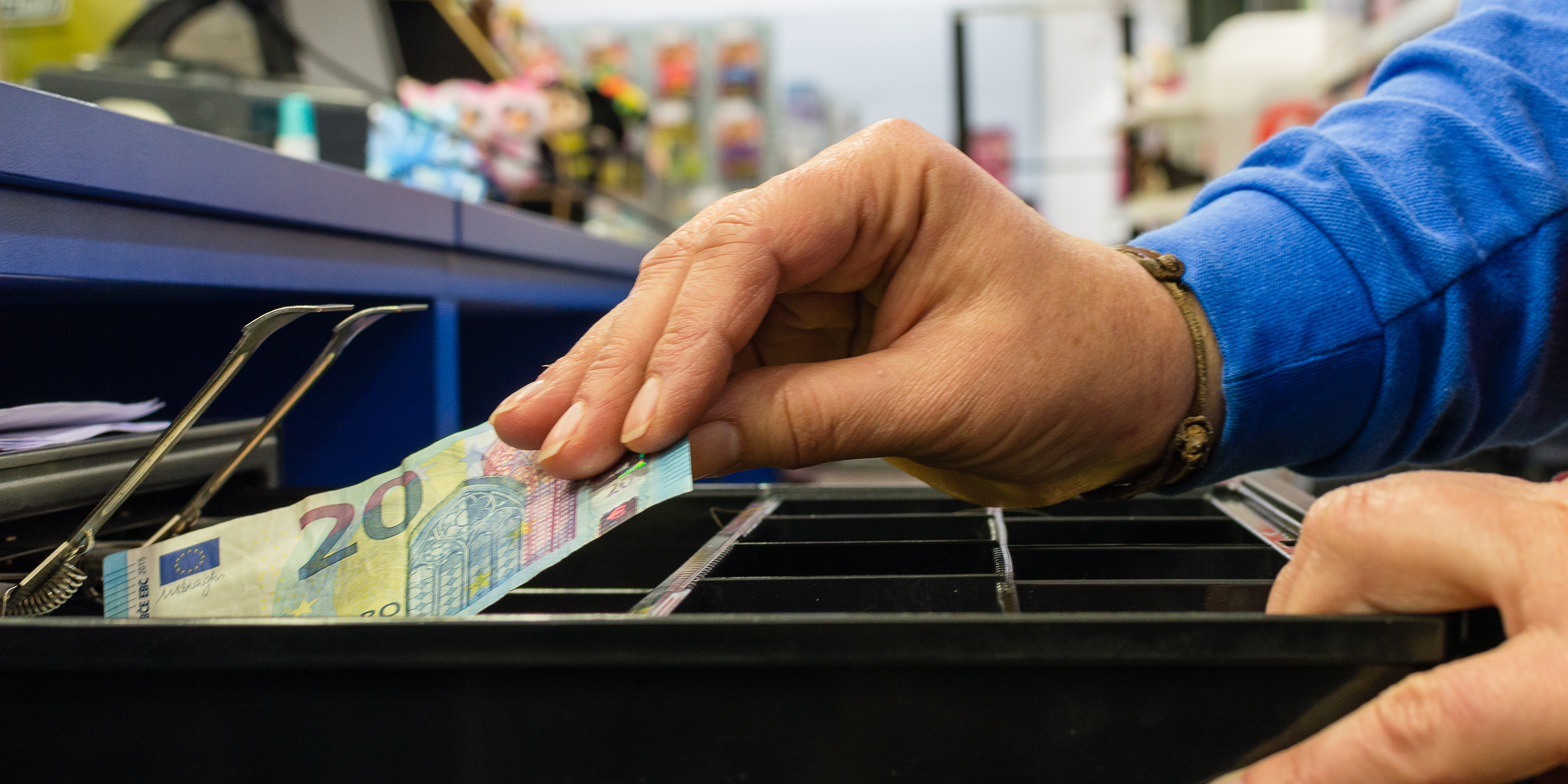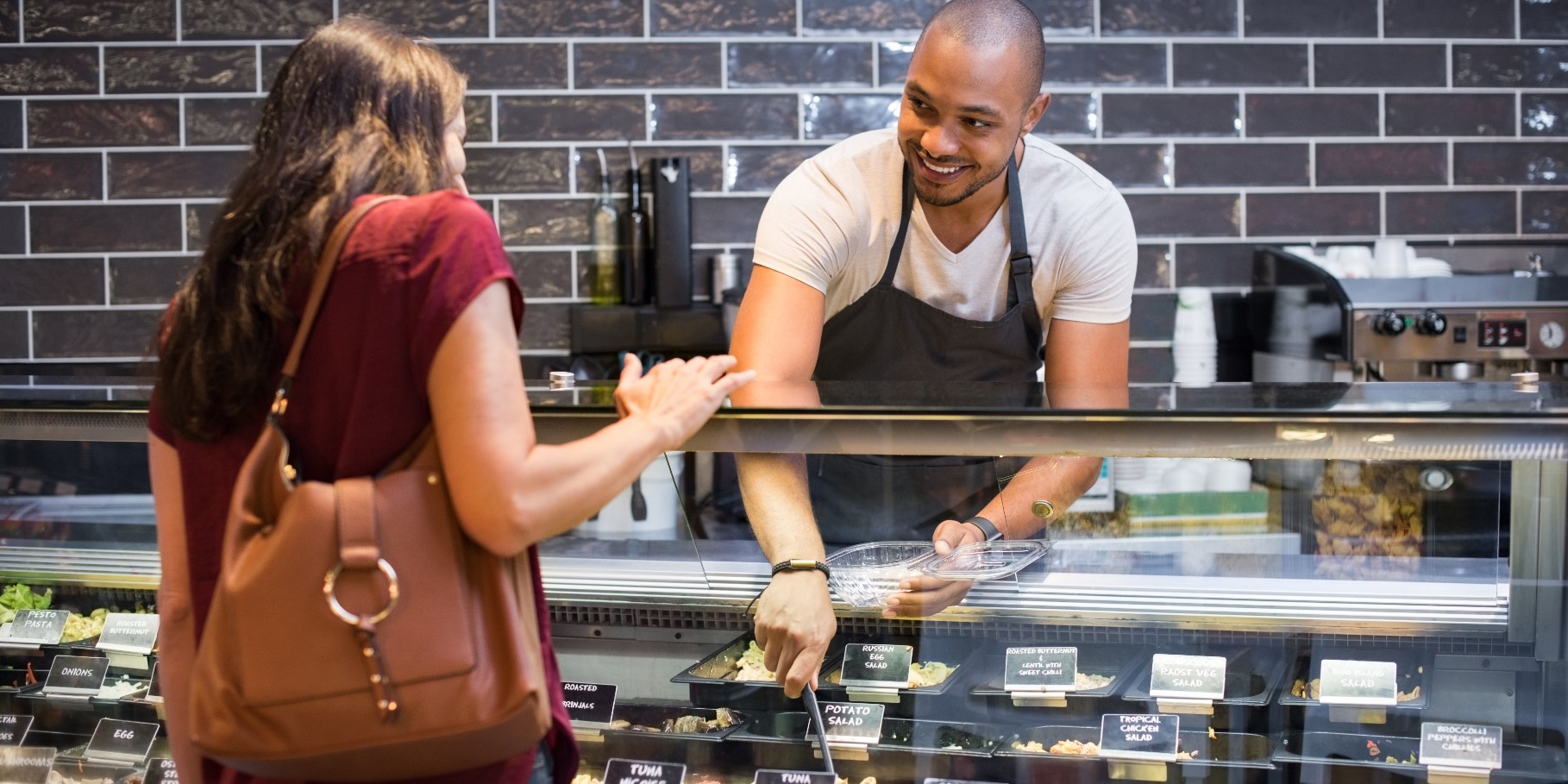The Importance of Hygienic Cash Handling in Retail
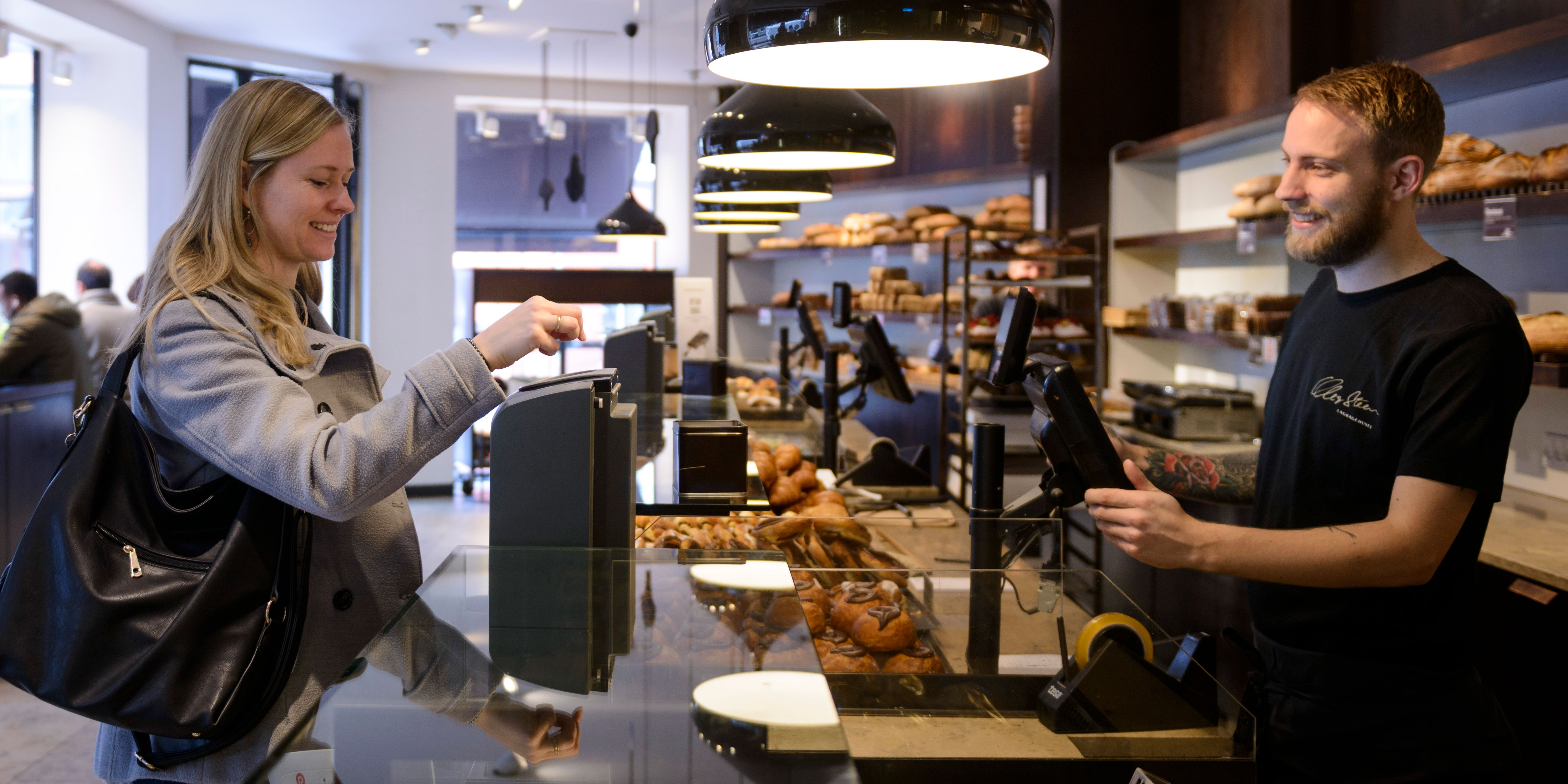
During the outbreak of the COVID-19 pandemic, several media outlets suggested that different surfaces, including banknotes, could be a possible transmitter of the coronavirus.
No Link Between Cash and COVID-19
The World Health Organisation (WHO) and other health experts were quick to come out and stress that the virus was unlikely to be spread by banknotes and the risk of picking it up from cash was extremely minimal.
This has since been echoed by other authorities, such as the German Bundesbank, which stated that “banknotes and coins do not pose a particular risk of infection for the public.”
No Reason to Quit Cash
In March, the MIT Technology Review wrote that “there is no evidence that physical money — or any inanimate surface, for that matter — helps the virus spread.”
The article, entitled “No, coronavirus is not a good argument for quitting cash”, goes on to explain that while studies have shown that virus particles can live on metal, plastic or paper surfaces for hours to days, that is not necessarily sufficient to infect us.
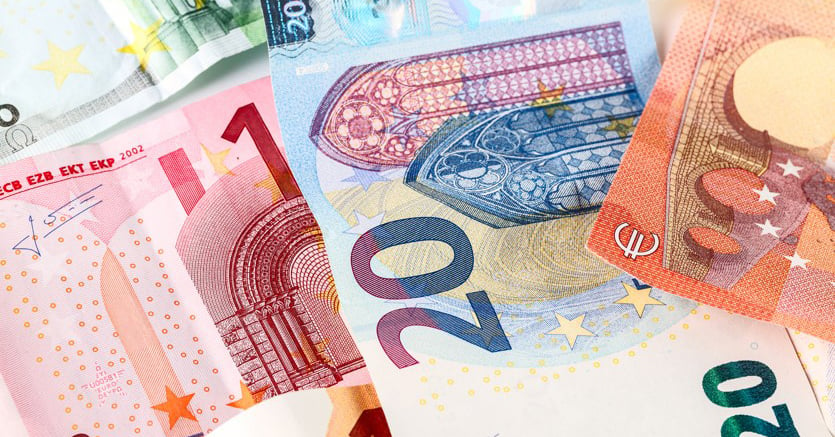
According to the US Centers for Disease Control, although it is possible that a person could touch a surface with the virus on it and then transfer it to themselves by touching their mouth, nose or eyes, “this is not thought to be the main way the virus spreads”.
The MIT Technology Review goes on to quote Marilyn Roberts, a microbiologist from the University of Washington School of Public Health. She makes the point that by singling out cash, we're missing the real issue: "You’re more likely to pick up COVID-19 from people exposure than from the type of payment."
So while there is no need to quit cash, the same hand hygiene measures should be applied to handling notes and coins as for touching any other item, such as doors, hand rails or payment terminals.
How to Achieve Hygienic Cash Handling
Closed cash management is a way of accepting cash transactions in a store and at the same time ensuring that staff never have to come into contact with cash.
What if you could accept cash but eliminate staff interaction with it?
Closed cash management systems can be configured as self-service units. Customers enter the coins or notes themselves and their change is automatically returned.
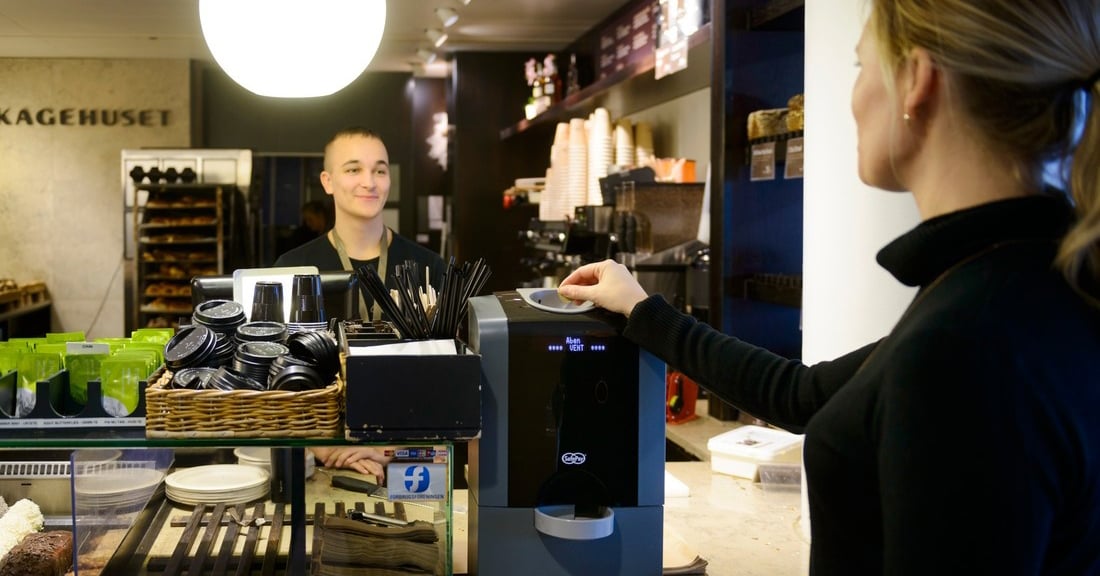
From the moment the customer pays, cash is kept locked away until it is picked up by a collection service, so at no point in the front or back office is there any need for manual handling of banknotes or coins.
Since many people rely on cash for access to goods and services, it remains an essential means of payment. Closed cash management allows retailers to continue accepting cash and stay vigilant when it comes to hygiene.
Want to know more? Contact a cash management expert today.

